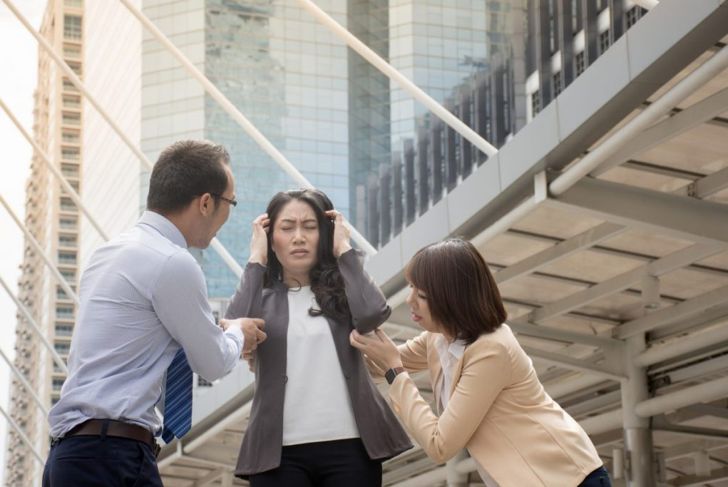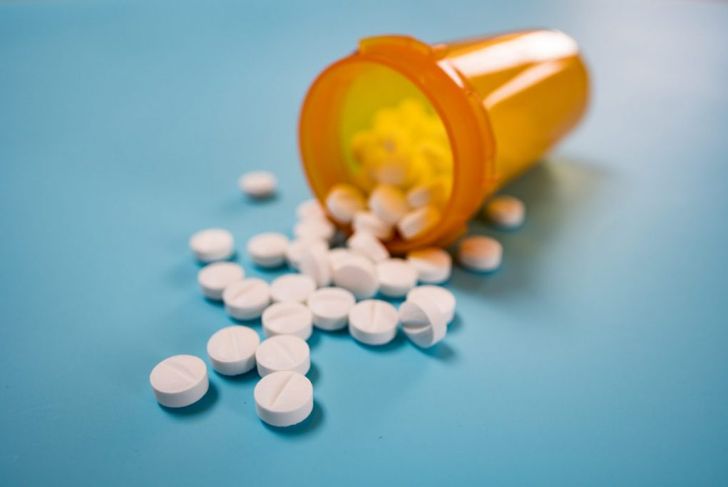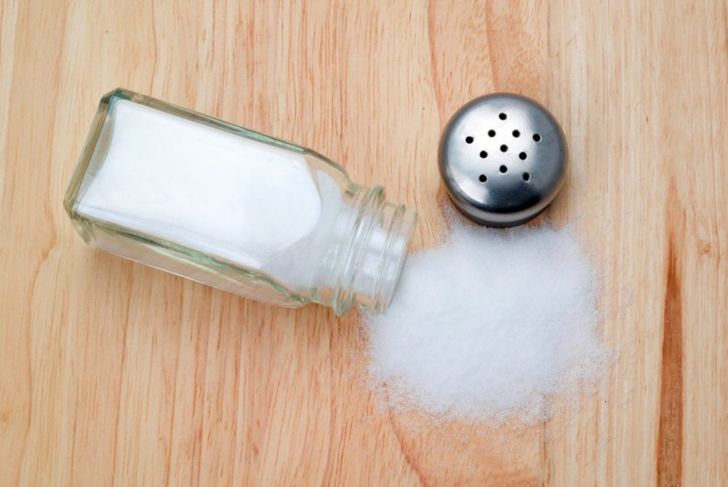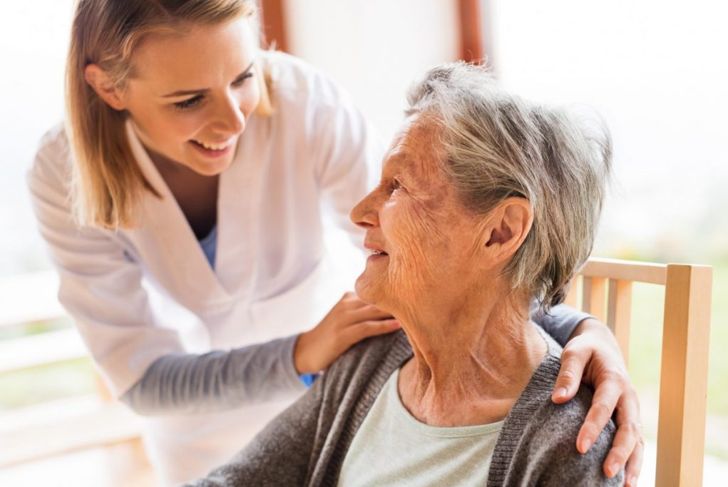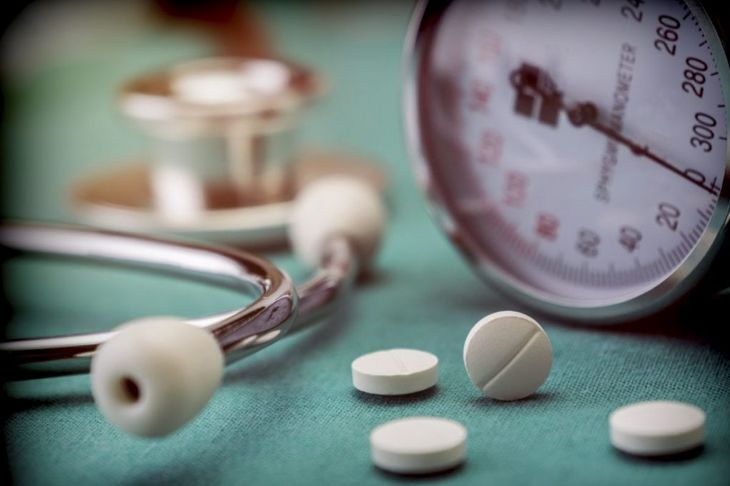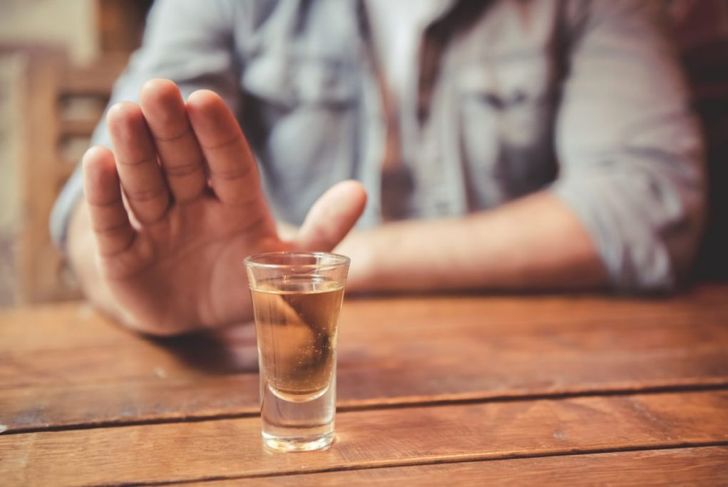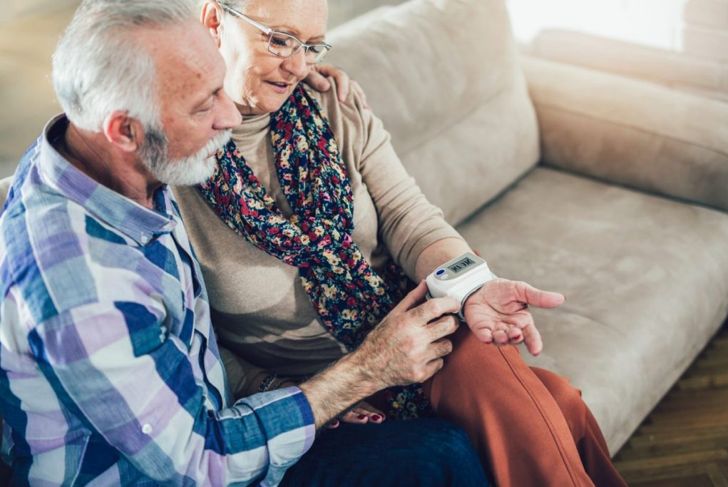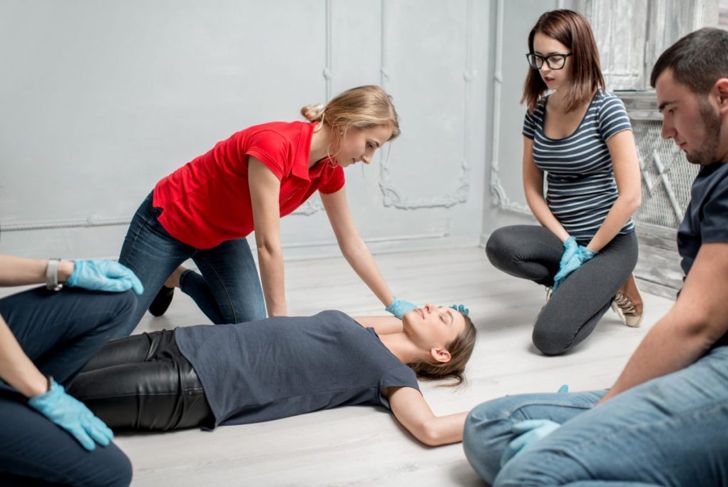Hypotension occurs when something reduces blood supply to the brain and the rest of the body, leading to dizziness and other effects. Causes include pressure drops from standing suddenly (orthostatic hypotension), the side effects of medications, heart conditions, and endocrine disorders such as adrenal insufficiency. The reduced supply of oxygen from hypotension can cause permanent damage to organs. Treatment usually addresses the underlying cause, so the first step is to understand why the blood pressure is low.
What are the common types of hypotension?
Hypotension can present as dizziness when standing or raising the head from a bent-over position, a reaction called orthostatic hypotension. Postprandial hypotension occurs as blood is diverted for digestion after a meal, usually after a few hours. This version mostly affects seniors. Neurally mediated hypotension can be caused by a low sodium diet or emotional stress. Severe cases can result in shock, which is quite serious. Hypotension may also have no symptoms.
What medication side effects can lead to hypotension?
Anti-hypertensive drugs designed to lower the blood pressure can lead to hypotension, as can drugs used to support them, such as diuretics. Antidepressants can also lower blood pressure. Medicine-induced problems with adrenal or thyroid function can also result in hypotensive issues. Diabetes can affect blood pressure, and some medications for people with type 2 diabetes may have a diuretic effect, which lowers blood pressure.
What medical conditions result in hypotension?
Diabetes lowers blood pressure because excess sugar causes increased urine output and fluid loss. Adrenal insufficiency and both hypo and hyperthyroid conditions can result in hypotension. Heart disease can lead to chronic low blood pressure or more severe orthostatic hypotension — low pressure and dizziness on standing. Conditions resulting in dehydration including diarrhea and vomiting can produce this effect, as can folic acid deficiency, anemia, blood loss, and internal bleeding.
What dangers does hypotension present?
People with hypotension face both a short-term risk of injury from falls and longer-term risk of harm from inadequate blood flow. Reduced blood pressure limits the ability for the blood to do its job, both in supplying nutrients, oxygen, and other essential components to the body and in removing waste from the organs. A limited oxygen supply can cause damage to internal organs, and decreased blood supply to the brain can cause difficulty thinking, balance issues, and even loss of consciousness.
Does the risk of hypotension increase with age?
Hypotension may increase due to heart problems and other issues that are more common as people age, but it is not a normal part of aging. If an older individual discovers low blood pressure or the symptoms of hypotension, he or she should ask a medical professional to investigate the underlying cause, as would a younger person.
How is short-term hypotension treated?
More salt in the diet helps keep blood pressure up, which is a desirable goal in most cases of hypotension. Consult a doctor if the condition is transient and blood pressure is normally average or high. For short-term hypotension, drinking water to rehydrate can help, and compression stockings can aid circulation.
How is chronic hypotension treated?
Medical professionals usually address chronic hypotension by looking for an underlying cause first and treating that condition. If blood pressure is still low, additional salt in the diet and drinking more water are recommended. Compression stockings help keep blood from causing swelling of the calves and ankles and also help raise blood pressure. A doctor may also prescribe medication.
Can lifestyle changes and home remedies help with hypotension?
Depending on the cause, several adjustments to lifestyle can help with hypotension. People can ease their postprandial hypotension after meals by eating small, low-carb meals. Adjust for sodium deficiencies by adding more high-quality salt to food. Drinking more fluids helps dehydration, which lowers blood volume and pressure. Additionally, eating healthy meals can address missing nutrients, and it always helps to eliminate alcohol and narcotic drugs. Peope of all ages should avoid the prolonged standing required at some jobs.
Is low blood pressure without symptoms a concern?
Some people have naturally low blood pressure, which the doctor notices only when he or she takes their blood pressure during regular check-ups. This is less of a concern than sudden hypotension or the onset of chronic hypotension, which tend to indicate a problem requiring diagnosis and treatment. Still, if a patient has naturally low blood pressure with no symptoms, this should still be taken into account when prescribing certain medications or treatments.
What actions can help someone with symptoms of hypotension?
If a person falls due to sudden hypotension such as from standing up too quickly, it is important to make sure there is no other underlying cause or consequence of the fall. Evaluate them for head injuries, which can worsen over time. If the symptoms are dizziness or disorientation, consider possibilities such as stroke and take quick action if other signs are present. People with diabetes or hypoglycemia should consider their blood sugar as a possible cause. Finally, a good response to hypotension across the board is to ensure the person is drinking enough water.

 Home
Home Health
Health Diet & Nutrition
Diet & Nutrition Living Well
Living Well More
More